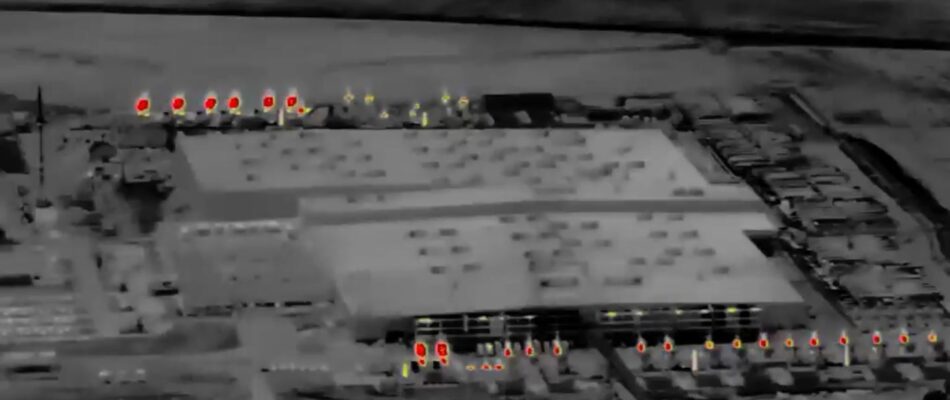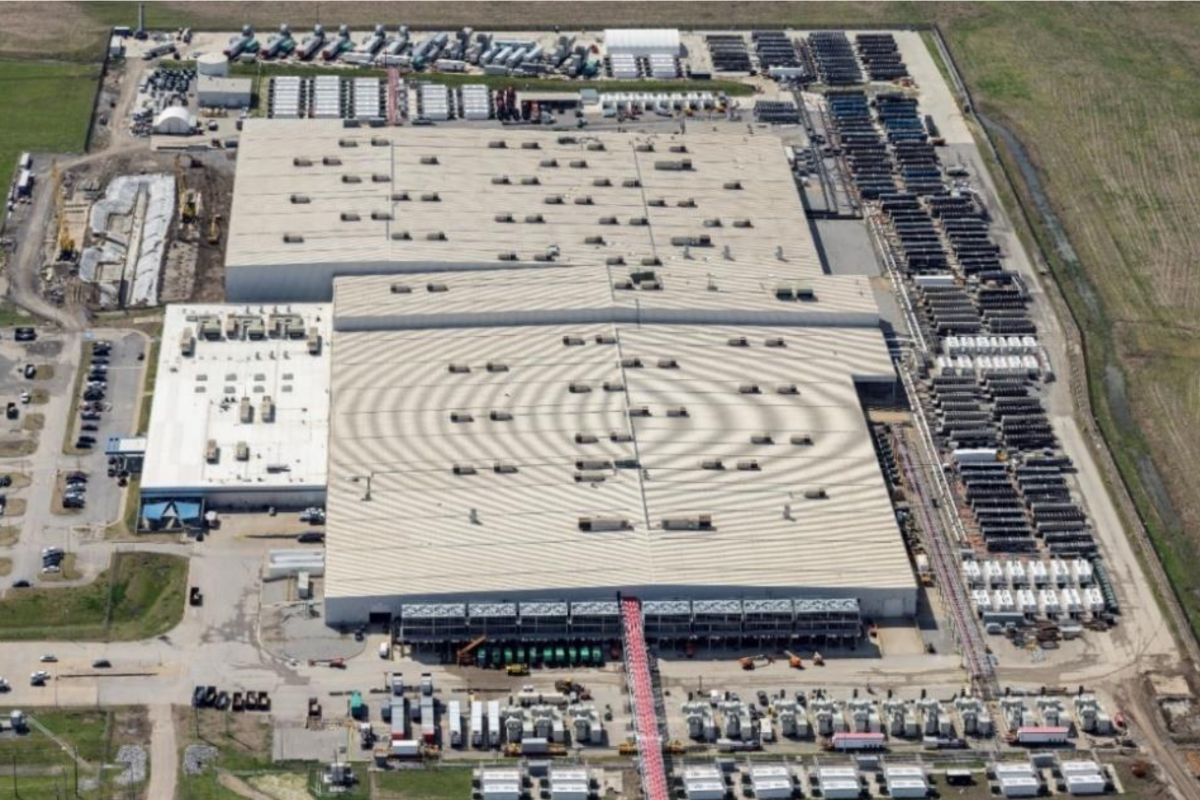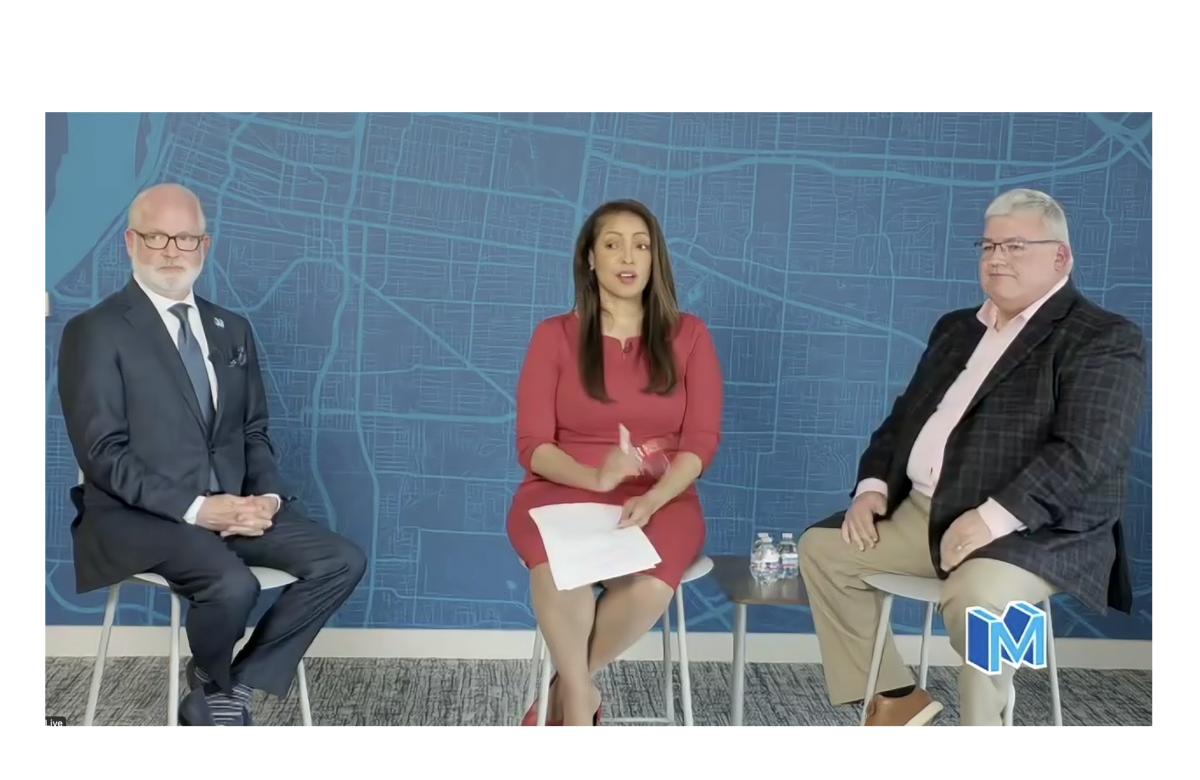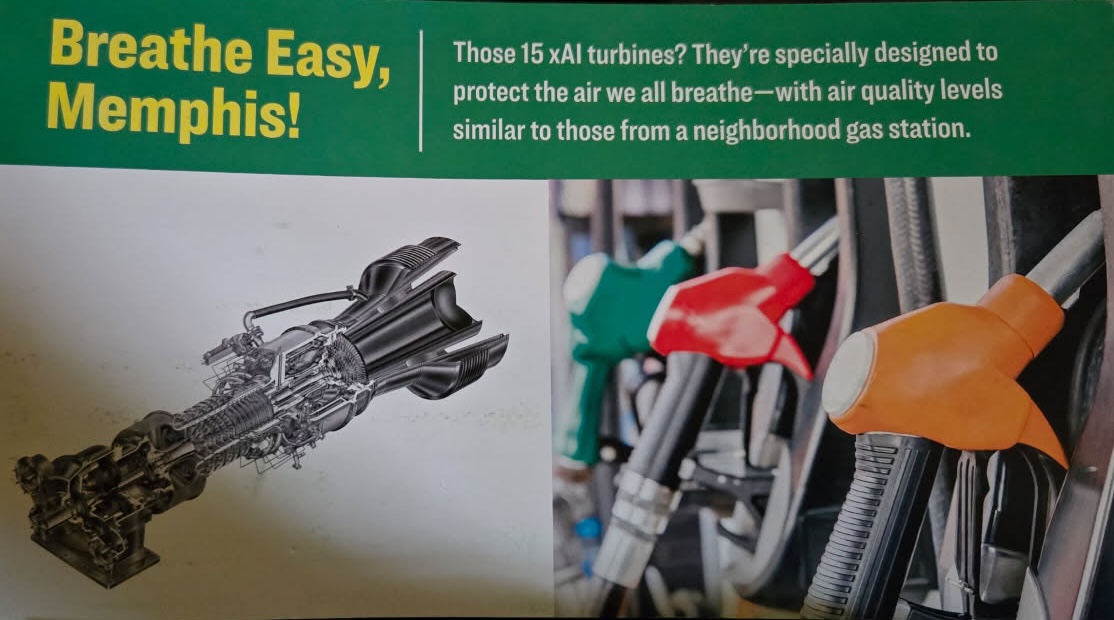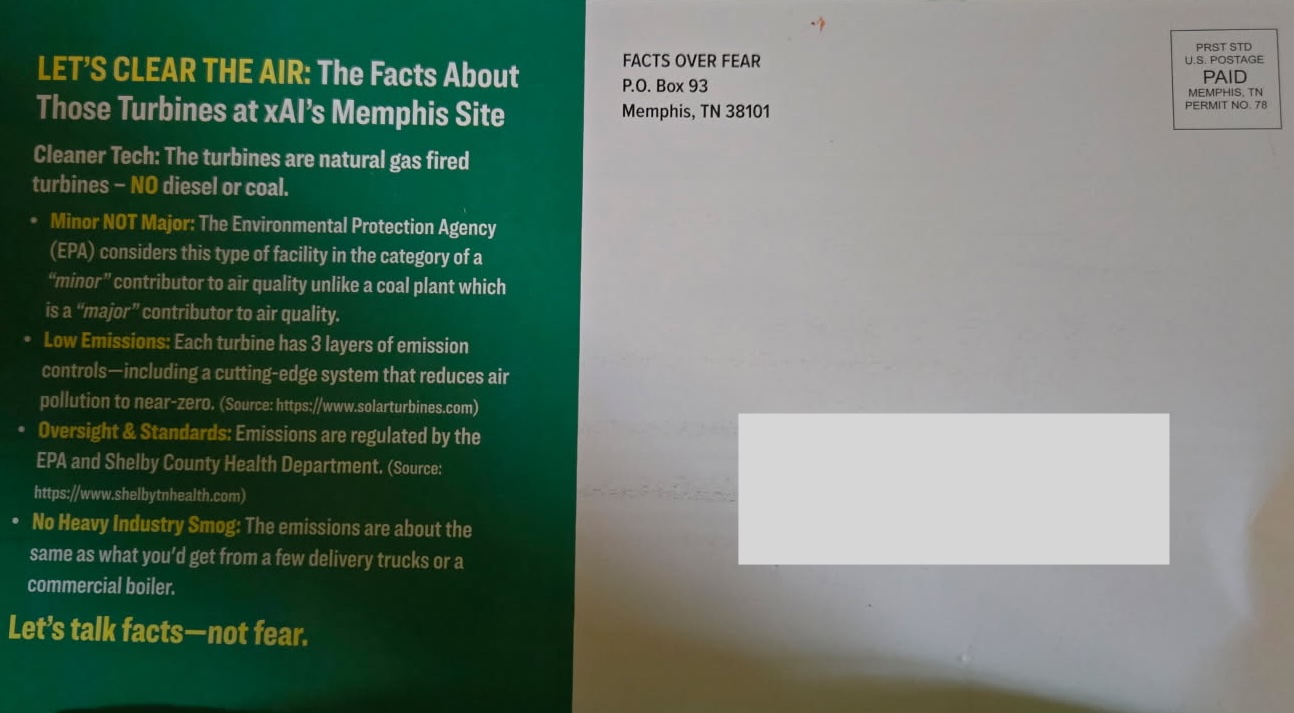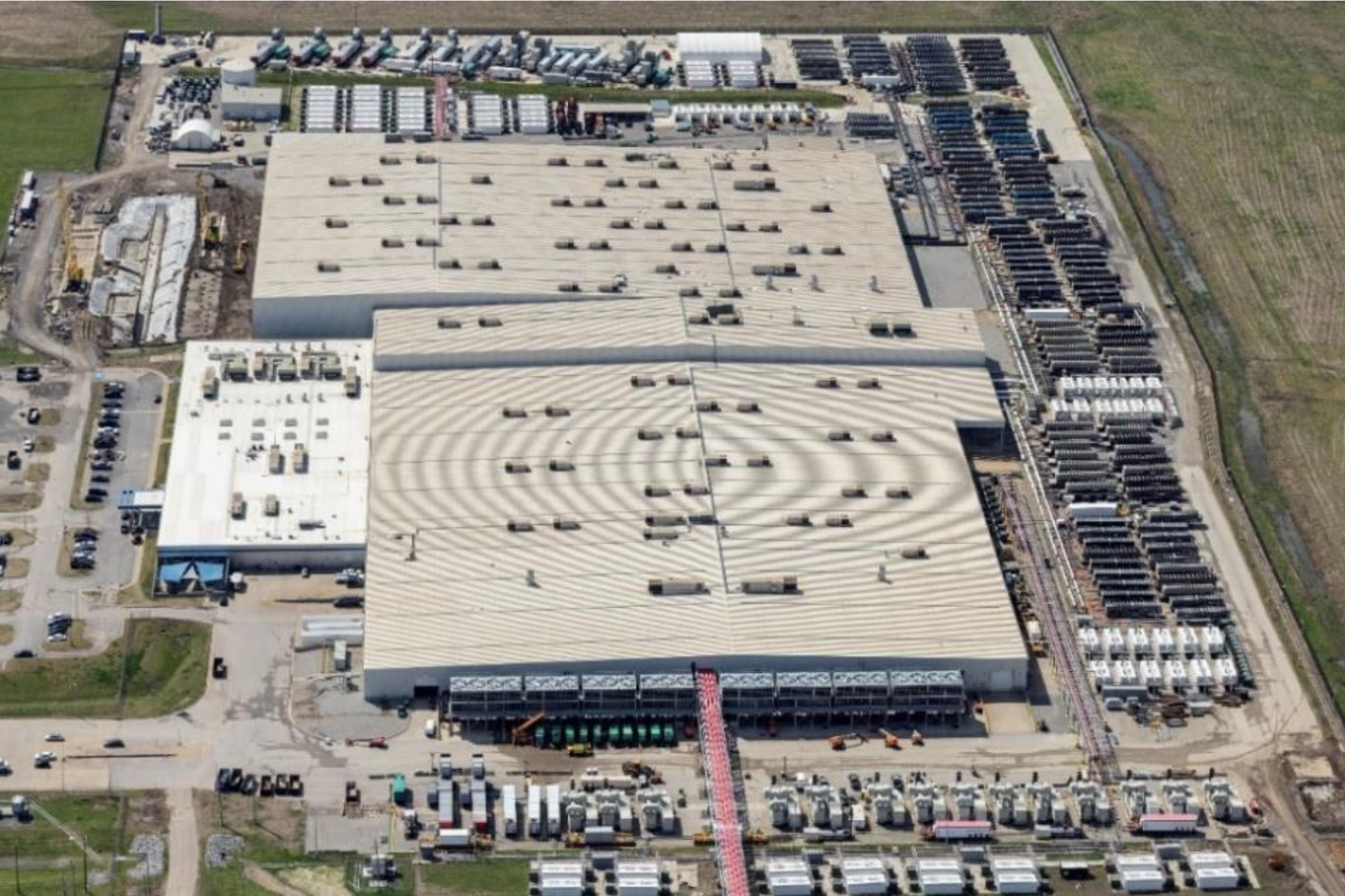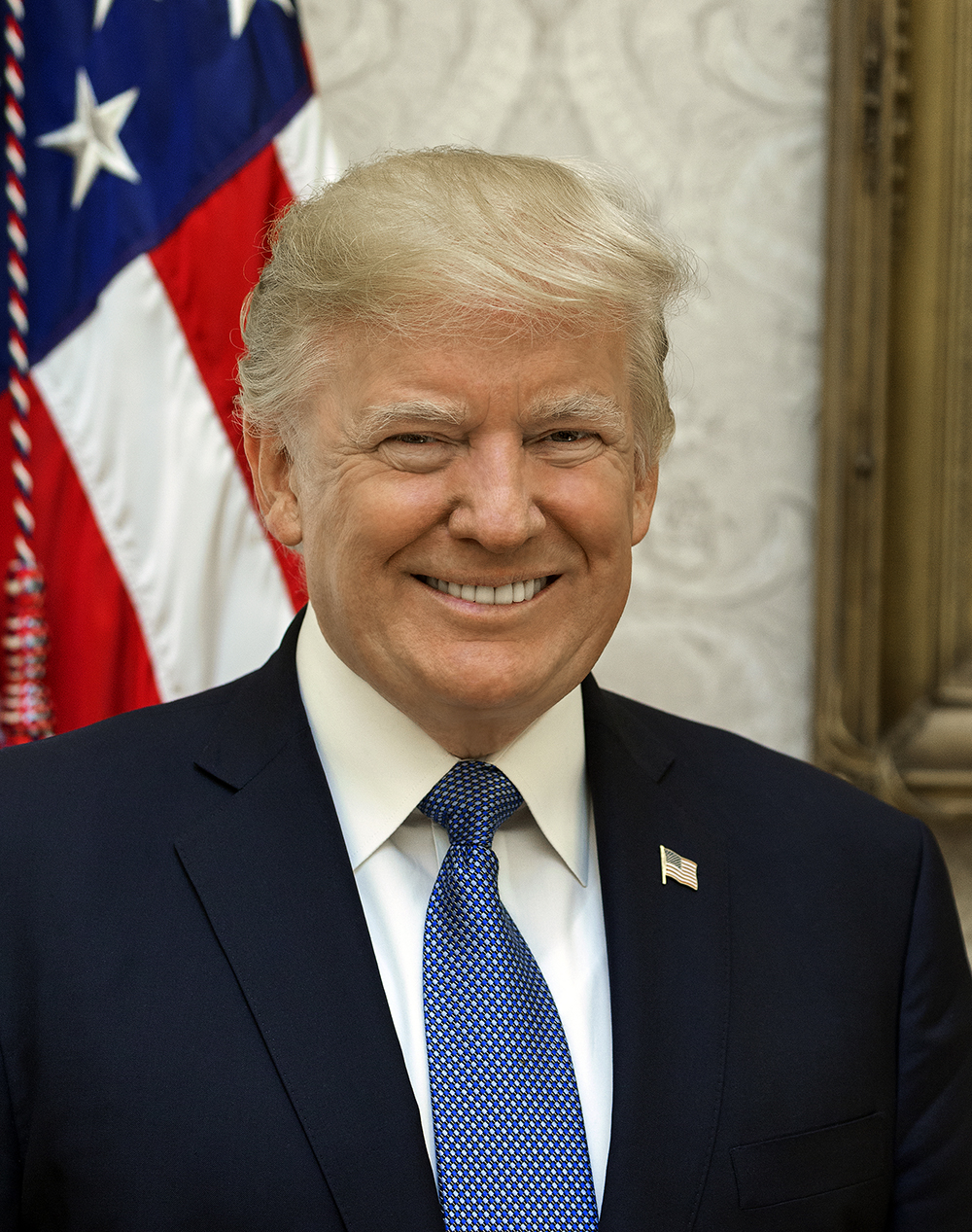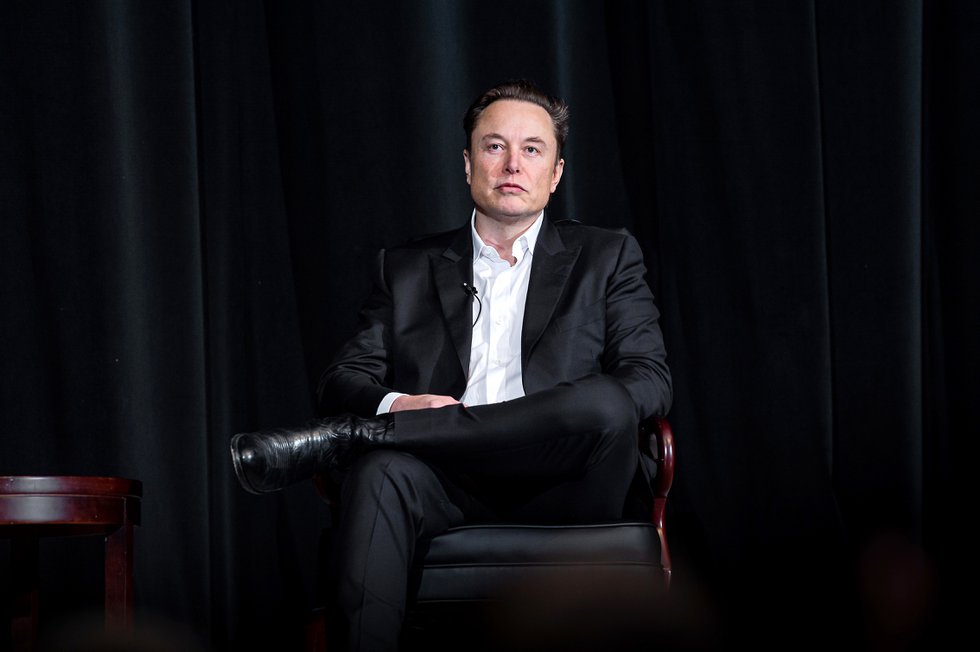The Tennessee Department of Environment and Conservation’s (TDEC) Division of Water Resources held a public hearing for a Water Quality State Operating Permit for the Colossus Water Recycling Plant.
The hearings, which were preceded by information sessions, were held on June 25th and 26th virtually and in-person. Participants were able to ask questions and make public comments in regards to the permit.
TDEC said they would respond to each comment, before issuing a decision on the permit.
“This specific Water Quality State Operating Permit is for operation of a reclaimed wastewater treatment plan and non-potable reuse water distribution system for restricted urban reuse,” a fact sheet on the project said.
TDEC officials said this will minimize use of potable water from the Memphis Sand Aquifer for “industrial purposes.”
Colossus plans on pumping 13.5 million gallons of treated wastewater daily from the T.E. Maxson Wastewater Treatment Plant. xAI, Tennessee Valley Authority’s (TVA) Allen Combined Cycle Plant, and Nucor Steel will all use cooling water from this non-potable reuse water distribution system.
According to TDEC, project discussions began in September of 2024, and TDEC received the permit application in February. Officials issued a draft permit in April.
Several citizens cited their concerns and questions during the question period, where TDEC officials provided answers. Participants questioned the department on transparency, community impact, aquifer usage, and more.
Pamela Moses, president of the Hollywood Neighborhood Association and Rise Up America, questioned why members of the community were not informed about the xAI project. She also voiced concern over the limited supply of groundwater and wastewater.
“Everybody knows — well, they should know — that Memphis has the most precious water in this country,” Moses said. “It is a limited supply, so why is it that the community wasn’t involved in this?”
Ronné Adkins, deputy commissioner for the Bureau of Environment, said when they receive applications, updates are posted on the agency’s database. Adkins said though there was not a public announcement of the application, the documents were accessible to the public.
Moses went on to state that she wishes for the permit to be denied saying that the company “could not be trusted.”
“[xAI] is not coming here to uplift or invest in our community,” Moses said. “They are here to exploit it. This is a distress and is a historically neglected area. Instead of bringing opportunities, Colossus is bringing pollution, secrecy, and broken promises.”
Sarah Houston, executive director of Protect Our Aquifer, asked if a smell would be associated with the plant, and if so, how it could be addressed.
“Generally speaking, biologically treated wastewater that’s treated at a biological plant might smell a little bit musty,” Wade Murphy, a TDEC official, said. “Odor is very subjective. There shouldn’t be any smell that you don’t smell already.”
Wade said if there is a smell, it’s not something that they regulate, but the owner can “chemically mask” the scent at “their discretion.”
Bobby White, chief government affairs officer for the Greater Memphis Chamber, voiced the chamber’s support of the project during the public comment period.
“The unfortunate long-standing standard [of] how good drinking water from the aquifer is something that has been used for industrial purposes because a project like this has been thought about but never strategically entered into or thought about how it would get paid for,” White said. “I wanted to voice the interest of citizens who are concerned about drinking water and how this project is a game changer in terms of saving about 4.7 billion gallons of water.”


